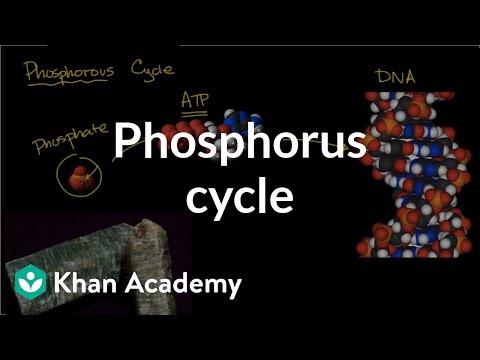- Joined
- Mar 25, 2017
- Messages
- 401
- Reaction score
- 408
Great discussion/ info. Find myself in this predicament now. Zero PO4, Zero cyano, zero macro, zero GFO in system for months, few corals were looking “off” have been checking, checking, and checking some more. Got a new PO4 kit (Salifert) and consistently getting 0 PO4 as I was with prior kit, and somewhere btwn 50-100 on N03 color scale. I have increased feeding a little and let the cubes melt in a net sitting in the sump hoping that would help the PO4 but to no success after 2 weeks. I have ordered NeoPhos, which should be here today, to try dosing some PO4 as mentioned prior in the thread.
One product I see recommended a lot when people suspect metals, or have confined metals by ICP, is PolyFilter. PolyFilter will remove some metal however it removes all forms of phosphate at a much faster rate. Found this out the hard way after I applied the PolyFilter for elevated zinc and iron, the corals were not responding well and I was still blaming metals for the decline in health. After searching for more info I found that the PolyFilter is profoundly good at PO4 reduction versus metals absorption. Several high end colonies later I find that zero PO4 was likely the culprit the entire time.
Thanks for the Redfield Ratio info and the info from your personal experience with this matter.
Just make sure to approach this slowly. You should see your dosed phosphates disappear quickly, I mean within a day. It'll get frustrating because even after dosing you won't be able to keep a detectable level but stay at it and you should begin to see the NO3 take a sudden downturn assuming you have a good bacteria load and filtration. Get ready for the uglies after things begin to rebalance its totally normal and will last a few months.



















